The Role Of A Cholesterol Nutritionist In Managing Cholesterol
Cholesterol is a waxy substance found in the blood that is important for building and maintaining healthy cells. However, too much cholesterol can be harmful and lead to health problems such as heart disease. This is where a cholesterol nutritionist or dietitian for high cholesterol can help. They can provide guidance on how to manage cholesterol levels through nutrition and lifestyle changes.
By working with a nutritionist for high cholesterol, you can learn about the different types of cholesterol, understand how your diet and lifestyle may be impacting your cholesterol levels, and develop plans moving forward, in order to improve your heart health. Whether you have a family history of high cholesterol or are simply looking to make healthier choices, a cholesterol nutritionist or dietitian can be a valuable resource in achieving your health goals.
Understanding Cholesterol: What Is It and Why Is It Important?
Cholesterol is a waxy substance found in your blood that your body needs to build healthy cells. While cholesterol is essential for your body to function properly, high levels of cholesterol in your blood can increase your risk of heart disease and stroke. This is where the expertise of a cholesterol nutritionist or dietitian can come in handy. They can help you understand your cholesterol levels and develop a plan to manage them through proper nutrition and lifestyle choices.
By working with a cholesterol nutritionist or dietitian, you can learn how to improve your cholesterol levels and overall heart health, reducing your risk of developing chronic health conditions.
Common Myths About Cholesterol and Nutrition
Myths surrounding cholesterol and nutrition can be pervasive and confusing, but a cholesterol nutritionist or cholesterol dietitian can help clear up any misunderstandings. One common myth is that all cholesterol is bad and should be avoided completely. However, our bodies actually need some cholesterol to function properly, and not all cholesterol in our diets is harmful.
Another myth is that only certain foods, like eggs or red meat, contribute to high cholesterol levels. While these foods can contribute, a balanced and varied diet overall is more important for managing cholesterol levels. A cholesterol nutritionist or dietitian can help you sort through the facts and myths surrounding cholesterol and nutrition, and provide you with evidence-based advice to improve your health.
How a Cholesterol Nutritionist Can Help You Better Your Diet and Lifestyle
Cholesterol nutritionists and dietitians are experts in nutrition and how it affects cholesterol levels in the body. They can help you make changes to your diet and lifestyle that can significantly improve your cholesterol levels and overall heart health. By working with a cholesterol nutritionist or dietitian, you can develop a tailored plan that takes into account your specific needs, preferences, and health goals. This can include meal planning, food choices, and recommendations for physical activity and other lifestyle changes.
Cholesterol nutritionists and dietitians can also help you understand how different foods and nutrients affect your cholesterol levels and give you the tools and knowledge you need to make informed decisions about your diet and lifestyle. With their guidance and support, you can take control of your cholesterol levels and work towards better health and wellness.
Our Feel Fresh nutritionists and dietitians are experienced in a wide range of other areas, including:
Meet your team
-
High intake of saturated and trans fats, as well as high levels of dietary cholesterol, can contribute to high cholesterol levels. A cholesterol nutritionist or dietitian can help you identify these dietary factors and make recommendations for modifications to your diet that can help manage your cholesterol levels.
This may include increasing your intake of fruits, vegetables, whole grains, lean proteins, and heart-healthy fats while reducing your intake of high-fat animal products, processed foods, and added sugars.
-
Yes, a cholesterol nutritionist or dietitian can work with you to create a meal plan that takes into account your specific dietary needs, preferences, and health goals. They will consider your cholesterol levels, medical history, lifestyle factors, and any other health conditions you may have when designing a meal plan that works best for you.
-
Incorporating foods rich in soluble fibre, such as oats, barley, legumes, and fruits, can help lower cholesterol levels. Heart-healthy fats like avocados, nuts, and olive oil may also help lower LDL cholesterol levels.
It's also important to limit your intake of saturated and trans fats, found in fatty meats, fried foods, and baked goods, which can increase LDL cholesterol. A cholesterol nutritionist or dietitian can provide recommendations on which foods to prioritise or avoid to manage your cholesterol levels.
-
Yes, a cholesterol nutritionist or dietitian can provide guidance on healthy eating habits that can improve your overall heart health and assist with weight management. This may include recommendations on portion sizes, meal timing, and nutrient balance to support healthy weight loss and maintenance, as well as other lifestyle changes such as increasing physical activity.
-
The frequency of visits with a cholesterol nutritionist or dietitian can vary depending on your individual needs and health goals. Typically, you may have an initial assessment followed by regular follow-up appointments to track progress, make adjustments to your meal plan, and provide ongoing support and motivation.
In each session, you can expect to discuss your progress, review your food intake, and receive recommendations and education on how to improve your cholesterol levels through nutrition and lifestyle changes.


